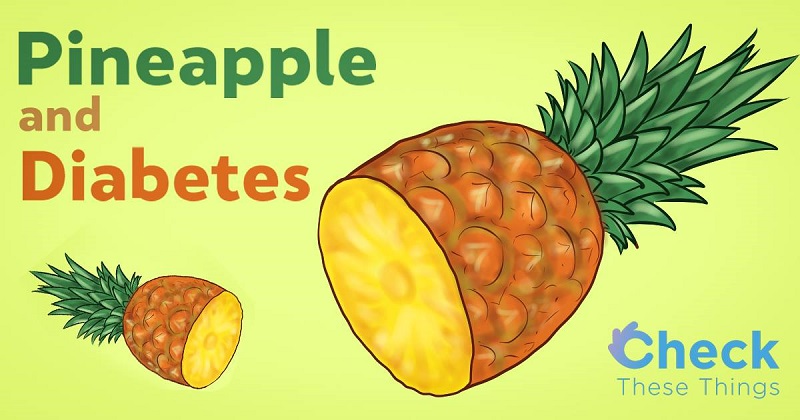Diabetics are well aware of the fact that they need to track the type of food they consume and try to regulate the blood sugar levels.
Yet, they should also control the intake of carbs as well, as they affect blood sugar levels. For instance, some fruits are high in nutrients but are rich in carbs as well, so they should be consumed in moderate amounts.
This article will share some useful tips which will help you balance your diet and regulate blood sugar.
-First of all, you should make a healthy meal plan, which involves a diet rich in nutrients, minerals, and vitamins, and low in carbs, fat, and processed foods.
-Moreover, you need to start counting carbs daily, as they elevate blood sugar levels. The adequate number of carbs depends on the following factors:
- Body weight
- Physical activity
- Goals for blood glucose readings
- Medications
Yet, one simple rule says that the proper amount of carbs is between the following range: from 15 to 20 g per snack and from 45 to 60 g of carbs per meal.
-Furthermore, you should also bear in mind the glycemic index, as it measures the carbs and estimates if they increase blood sugar. Foods with high GI increase blood sugar rapidly. The factors that contribute to the GI in foods include:
- Fiber
- Fat
- Variety
- Processing
- Cooking Method
- Ripeness
Pineapple and blood sugar
When it comes to the effects of pineapples on blood sugar levels, we should review both, the advantages, and disadvantages of its consumption.
This fruit is high in vitamin C, and low in sodium and fresh and frozen pineapples are low in carbs. However, these fruits are rich in sugar as well and have a medium GI. A cup of fresh pineapple has 56 GI.
Therefore, you should consume pineapples in moderation and in small portions, and if you add it to your meals, always combine it with foods with a low or medium GI to avoid sugar spikes. Such foods are:
- Legumes
- Bulgur
- Barley
- Whole wheat bread
- Pasta
- Converted rice
- Steel-cut or rolled oatmeal
On the other hand, you should never combine pineapples with the following high-GI foods:
- White bread
- Instant oatmeal
- Russet potatoes
- Saltine crackers
- Pretzels
Fresh and frozen pineapples have the lowest amount of carbs, and pineapple juice or dried pineapples are richer in sugar. Therefore, limit your intake of dried pineapples and pineapple juice, and avoid canned pineapples if they contain sugary syrup.
To sum up, even though you are a diabetic, you can still consume pineapples, but in moderation. However, if you eat a pineapple for the first time after you have been diagnosed with diabetes, it would be useful to monitor if your blood sugar levels change due to it.
Source: diabeteshealthpage.com
